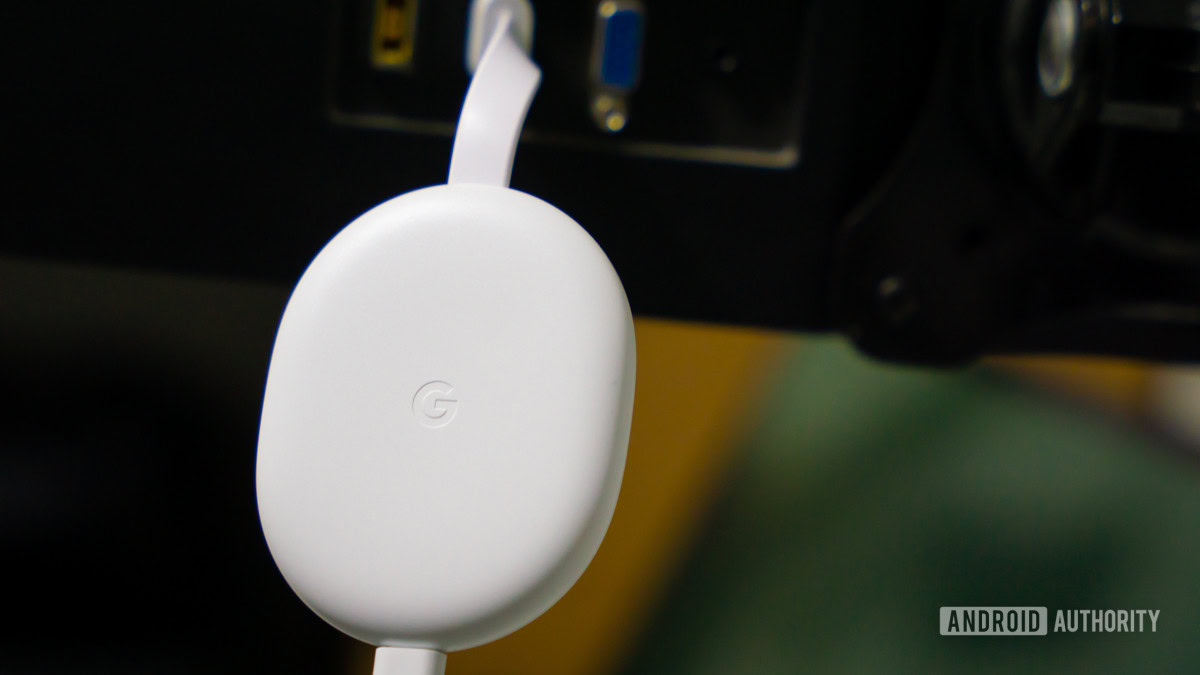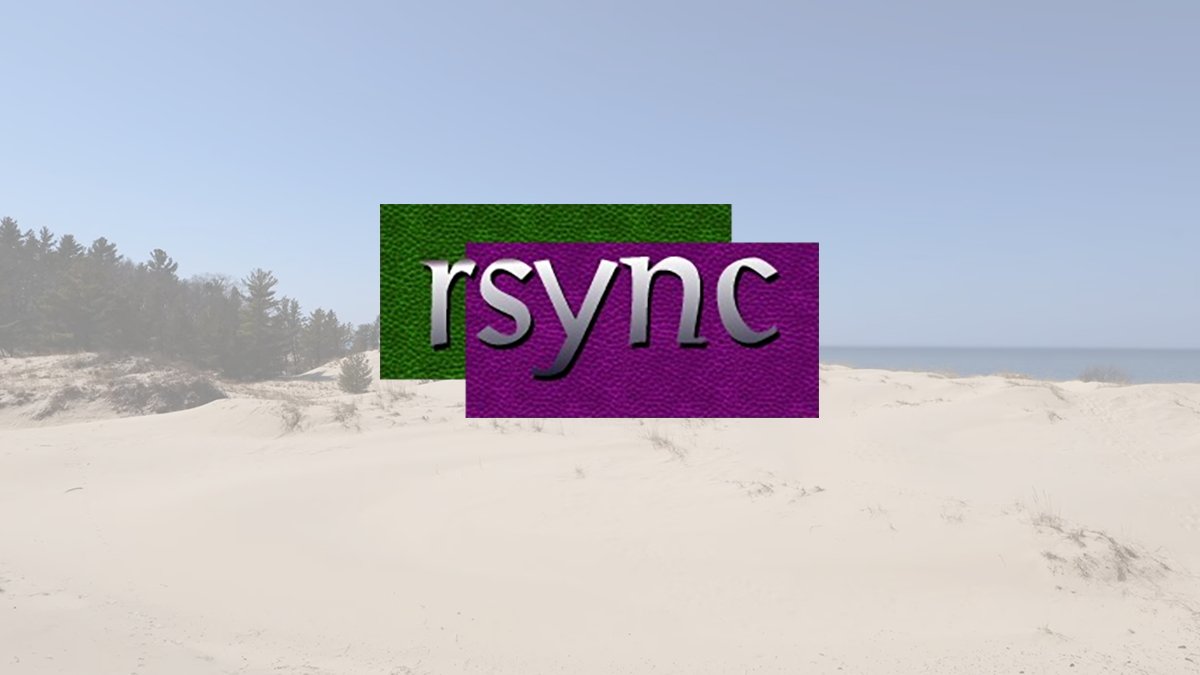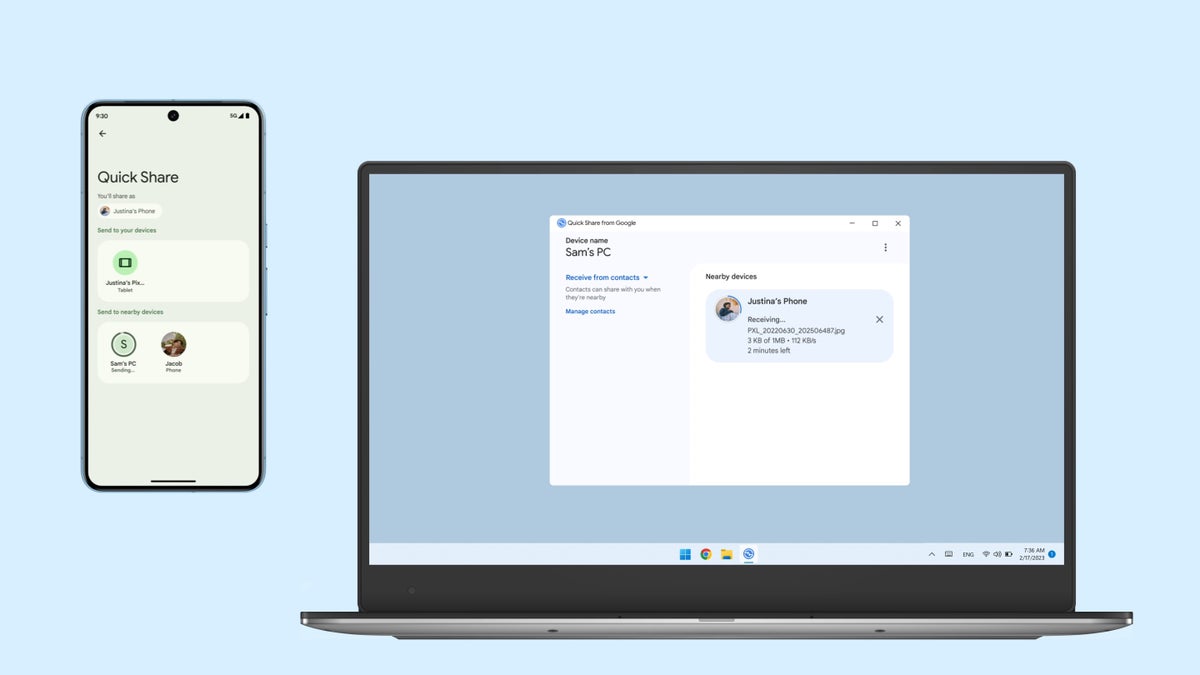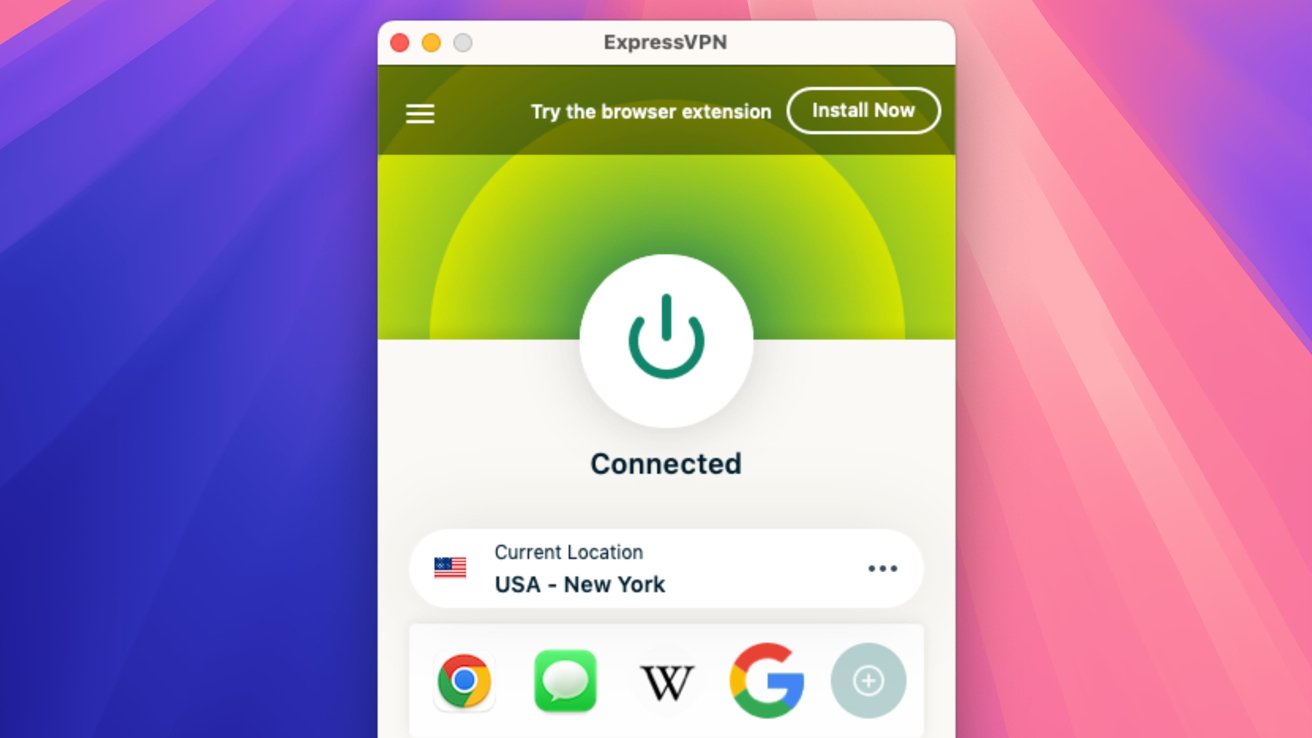Embracing AI: Balancing Automation with Human Achievement

As I delve further into the world of artificial intelligence tools such as ChatGPT, Claude, Lovable.dev, Fireflies.ai, and various other innovative AI agents, I find myself reflecting on a thought-provoking TED Talk I first encountered in 2012. This talk, delivered by behavioral economist Dan Ariely, was titled What Makes Us Feel Good About Our Work? and it resonates with the current technological landscape.
My experiences with these AI tools have been a rollercoaster of emotions, filled with moments of joy, particularly when they take over repetitive, mundane tasks. On the flip side, Ive also experienced a sense of frustration and even a feeling of loss when AI ventures into areas I still wish to master and control. This internal conflict has led me to consider the necessity of intentionally designing our new AI-driven world in a manner that bolsters human accomplishment rather than undermines it.
During his influential TED Talk, Ariely articulates the core motivations that drive us in our professional lives. He argues that elements such as meaning, recognition, and a robust sense of purpose often supersede monetary incentives in motivating us to perform well.
He categorizes work into two distinct types:
- Meaningful, challenging work: These are the tasks that allow us to showcase our skills, tackle challenges head-on, and experience a sense of progression. Engaging in this type of work not only energizes us but also instills a sense of pride. For example, consider the experience of training for a marathon or delivering a high-stakes presentation that garners appreciation.
- Sisyphus-like tasks: In contrast, repetitive, mundane tasks can be demoralizing and draining. Activities such as taking notes during meetings, sifting through extensive legal documents, or navigating through administrative duties can lead to a sense of fatigue and disengagement.
While AI possesses an impressive capability of managing both categories of tasks, the more pressing question is whether it should do so at all. In some cases, completely handing over tasks to AI can inadvertently do more harm than good.
This situation brings to mind the developmental phase toddlers go through as they begin expressing their independence, wanting to choose and put on their own clothes. It requires a parent's patience to step back and allow them to navigate this struggle, even if it means potentially being late for work. However, this struggle is crucial; it is through these challenges that children build confidence and competence.
I experienced a similar realization when I opted to hire a meal preparation service for my family. Both my husband and I are busy professionals, and neither of us had strong culinary skills when we entered adulthood. With young children, we sought to escape the repetitive cycle of mac-and-cheese dinners and provide a diverse array of healthy meals. Our biggest hurdle? Grocery shopping. We often found ourselves overwhelmed, purchasing random ingredients that would ultimately go to waste in the fridge.
Our solution was hiring a local service known as The Food Fairy, which initially felt transformative. They managed meal planning, grocery shopping, and even cooked in our home, leaving behind delicious, gourmet meals that only needed reheating. Over time, however, the downsides became apparent: our kids became picky eaters, the expenses accumulated, and on days without service, we still lacked cooking skills.
Thankfully, a close friend introduced us to HelloFresh, which turned out to be the perfect compromise:
- We select meals together as a family, ensuring variety and a sense of ownership.
- All ingredients arrive at our doorstep, alleviating grocery shopping stress.
- Ingredients are perfectly portioned, minimizing waste.
- Step-by-step instructions empower us to build our culinary confidence.
- It is more budget-friendly and sustainable for our family.
- Most importantly, we are learning to cook.
With HelloFresh, we have managed to eliminate the most tedious aspect (grocery shopping and waste) while retaining the essential part of learning through experience. When we prepare a meal and our children enjoy it without complaints, that victory brings a sense of pride.
This experience provides a valuable lesson on how we ought to develop AI agents. For tasks that build skills, I believe AI should not fully take over. Instead, it should act as a coach, guiding, supporting, and challenging me to enhance my abilities.
When AI generates content for me with little to no input, it leaves me feeling disconnected and even resentful. It feels akin to being sidelined from my own creative process.
Several exciting AI agents are adopting a coaching approach to enhance skill development:
- Mercor: This platform offers AI-generated mock interviews, providing real feedback to job seekers practicing their interview skills.
- Pitch Guide: This tool delivers tailored feedback to entrepreneurs on their pitch decks along with recommendations for improvement.
One of the initial AI tools I integrated into my workflows was Fireflies.ai, a meeting note-taking service. Before its integration, I struggled to balance taking notes while facilitating meaningful discussions during meetingsoften leading to missed points or indiscernible handwriting. With Fireflies, meetings are recorded and transcribed seamlessly, allowing me to engage fully in conversations. While I still jot down notes, I no longer stress about missing critical details.
Post-meeting, I benefit from:
- A complete transcript for future reference.
- A well-organized summary that I can edit and share.
- Clearly defined action items.
This level of support is not necessary for every meeting; however, it is a game changer for prospective client engagements. It enables me to follow up promptly, maintain professionalism, and concentrate on what truly matters.
Dan Ariely's insights feel increasingly urgent in todays context. His research provides a compelling framework for how we can cultivate an AI-augmented future. We should aim to utilize AI not just as a tool, but as a partnerone that challenges, guides, and nurtures our mastery without replacing it.
AI should alleviate us from repetitive tasks, thus liberating our energy to foster connections, concentrate on deeper work, and engage in more meaningful interactions. The future of AI is promising, but it requires a careful design that prioritizes intention, humanity, and significance.
For those seeking more resources and innovative ideas regarding AI, we continue to host our successful AI in Focus learning series through weekly livestreams. Our initial sessions can be found on our website, and as we develop more content, it will be accessible on our YouTube channel. Dont forget to follow us on social media to stay updated on upcoming livestreams.
If you have a creative idea on how AI could be harnessed to address a challenge or seize an opportunity, we would be delighted to discuss it further!





























